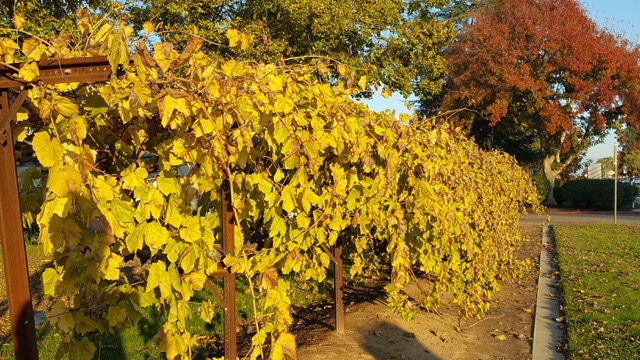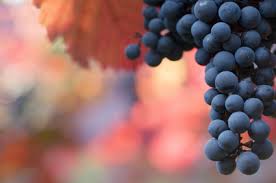WANTED: New Director, Fresno State Viticulture and Enology Department
Fresno State Viticulture and Enology Department Shines, But Needs New Director
By Patrick Cavanaugh, Farm News Director
No doubt, the Fresno State Viticulture and Enology Department is important not only to the Central San Joaquin Valley, but also to all of California’s agricultural areas. Nat DiBuduo, president, Fresno-based Allied Grape Growers, and a 1973 Fresno State alumnus, said Fresno State’s top administration is exceptionally dedicated to the department.
“It is really critical that we highlight the fact that Joseph Castro, president of Fresno State, and Sandra Witte, dean of Fresno State’s Jordan College of Agricultural Sciences and Technology, as well as the entire Industry Advisory Board for the Viticulture and Enology Research Center (VERC), are committed to the department,” said DiBuduo. “The entire board is committed to continuing the world-class program at the Viticulture and Enology Research Center that Vincent Petrucci (1985-1994) started so many years ago and has been continued on through Robert Wample (2000-2009) and James Kennedy (2010-2015).”
DiBuduo, who studied plant science and viticulture as a student, said, “We’re committed to providing this first class program for our students and for the industry. We’re in the midst of the search for the right person to head the program so that he or she can bring on the faculty and support staff who will continue that progress into the next century and beyond.”
As California’s agricultural industry feeds the world, it is important the industry supports this search for a new department chair. “It is important the University gets the right person in there, so we’re asking everyone out there who knows anyone qualified, [to encourage them] to apply for this position,” said DiBuduo. “We need to have the right person to provide the education, research and leadership into the future.”
Fresno State agricultural programs are unique due to a hands-on approach designed to give students the practical knowledge they need to get out and work. “They will know how to farm,”DiBuduo said. “They will know how to apply their teachings and their education to become managers, foremen and operators, and supervisors of field operations.”
Students come from all over the Central Valley and beyond the Valley because of Fresno State’s excellent reputation. “If students have enough units in the program, they can become Pest Control Advisors (PCAs),” said DiBuduo. “In fact, I was a PCA myself.”
 “But the problem we’re having in agriculture today is that many in the industry are an aging society,” DiBuduo said. “So we need to get young entrepreneurs, young farmers and ranchers who want to become PCAs or farm managers or viticulturists or winemakers,” DiBuduo said. “We need these trained students to run the farms and ranches in the future.”
“But the problem we’re having in agriculture today is that many in the industry are an aging society,” DiBuduo said. “So we need to get young entrepreneurs, young farmers and ranchers who want to become PCAs or farm managers or viticulturists or winemakers,” DiBuduo said. “We need these trained students to run the farms and ranches in the future.”
NEW! FACULTY POSITION VACANCY: Chair of the Department of Viticulture & Enology and Director of the Viticulture & Enology Research Center. Vacancy #12978 (7/20/16) Review of applications will begin September 19, 2016 and continue until the position is filled.
Resources:
California State University (Fresno State)
Fresno State’s Jordan College of Agricultural Sciences and Technology
Fresno State’s Viticulture and Enology Department
Industry Advisory Board for the Viticulture and Enology Research Center












